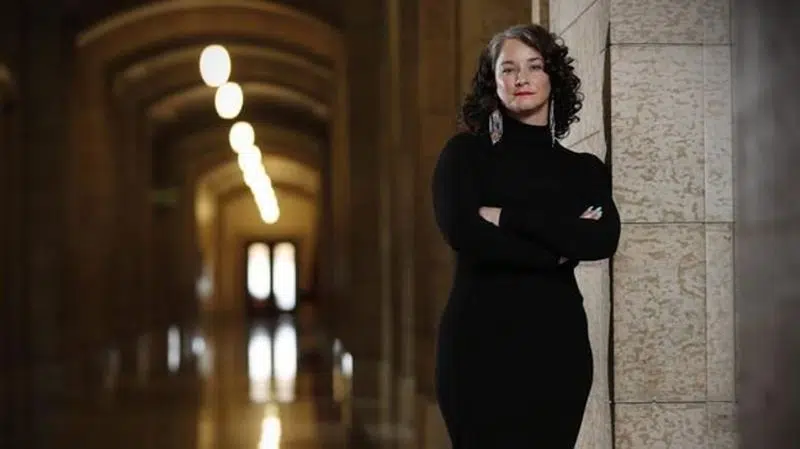
MLA calls for poems by man who murdered Indigenous woman to be pulled from website
A Manitoba legislator is calling on Canadians to contact the federal heritage minister to remove two poems, written by the killer of an Indigenous woman, from the Parliamentary Poet Laureate website.
Nahanni Fontaine says in a series of tweets that the inclusion of poems by Stephen Brown, including one about a prostitute, constitutes “blatant disrespect” for Brown’s victim and missing and murdered Indigenous women and girls.
The two pieces are among “Poems Selected by George Elliot Clarke” on the website and were posted in 2017 when Clarke was parliamentary poet laureate.
Last week, Clarke cancelled a lecture about Indigenous justice issues at the University of Regina following outrage over his working relationship and friendship with Brown.
